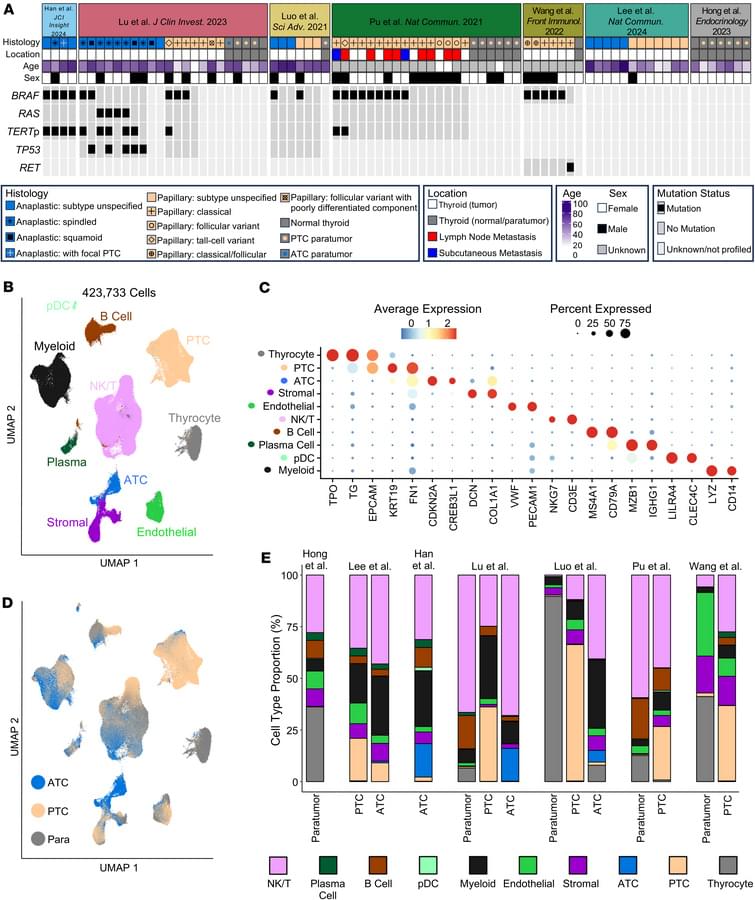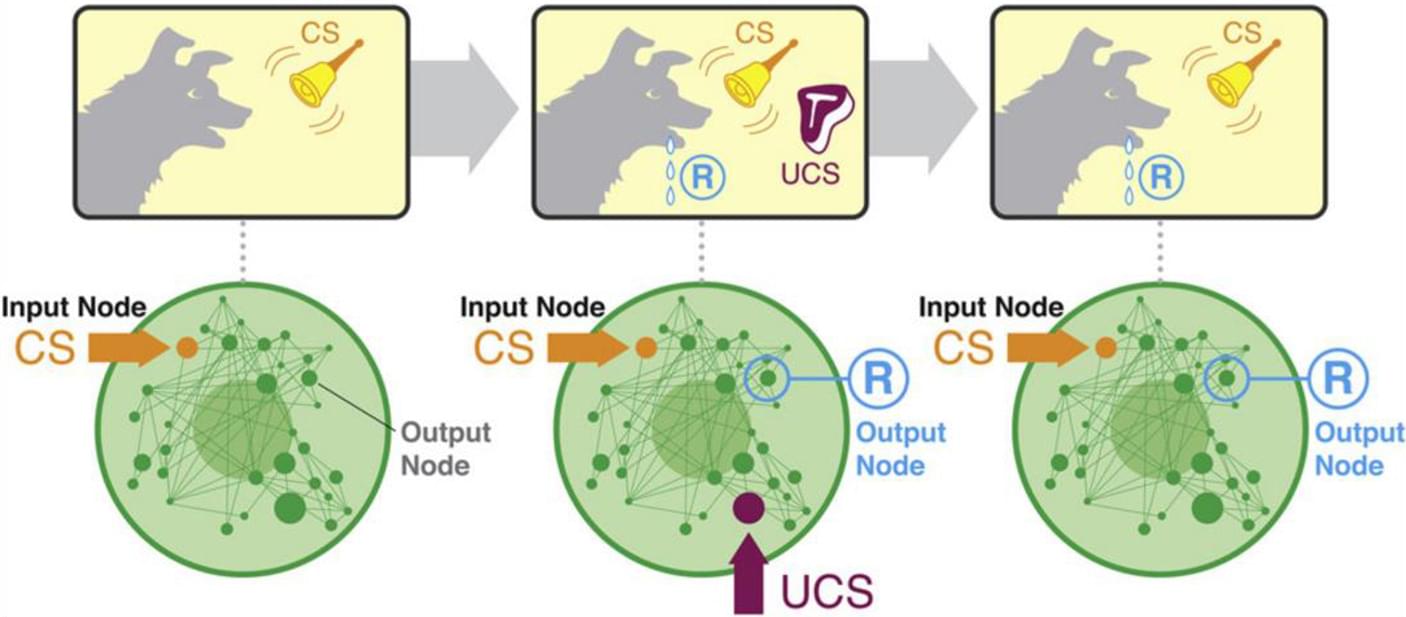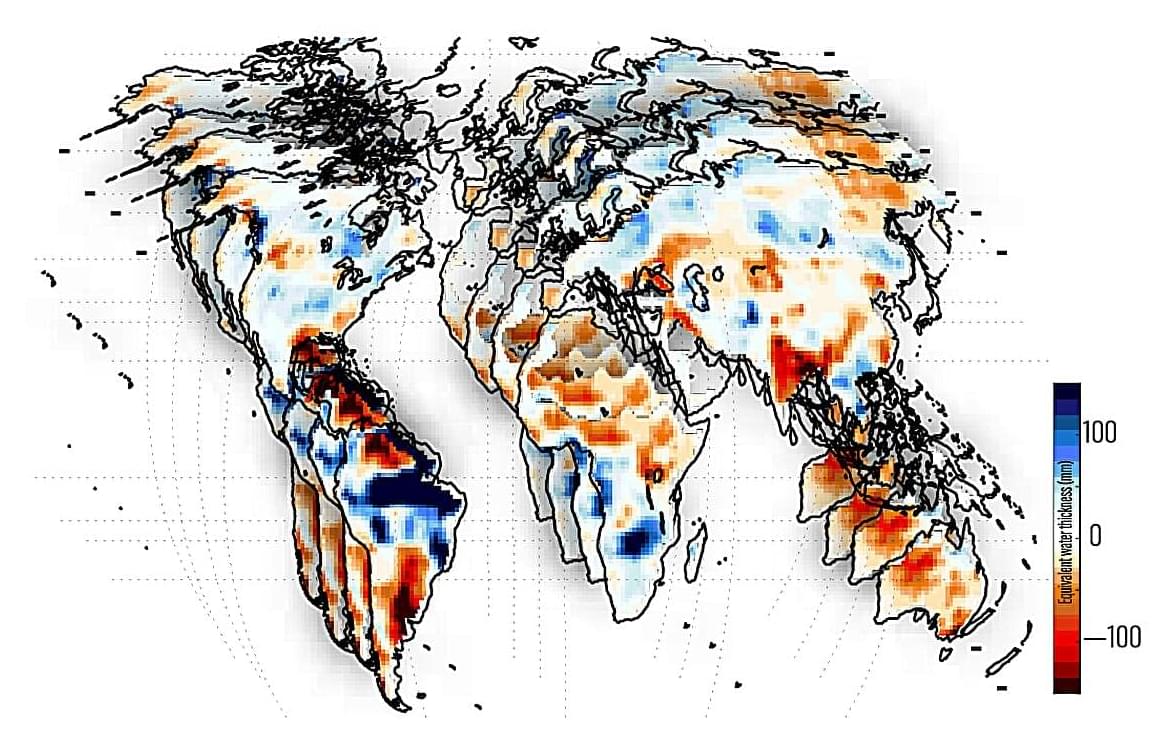While incidence rates for central nervous system cancer remained stable from 1990 to 2021, both mortality and disability-adjusted life-years (DALYs) declined. Disparities by geography, age, sex, and sociodemographic status highlight needs for targeted health policy reforms and resource redistribution.
Findings In this cross-sectional study, analysis of the Global Burden of Disease Study 2021 data on US CNS cancers revealed that although the incidence rate remained relatively stable, both disability-adjusted life-years and mortality rates declined. However, substantial disparities persisted across geographical location, age, sex, and sociodemographic profile.
Meaning The persistent disparity in CNS cancer burden highlights the urgent need to reevaluate public health policies and redistribute health care resources to better support marginalized and underserved populations.





